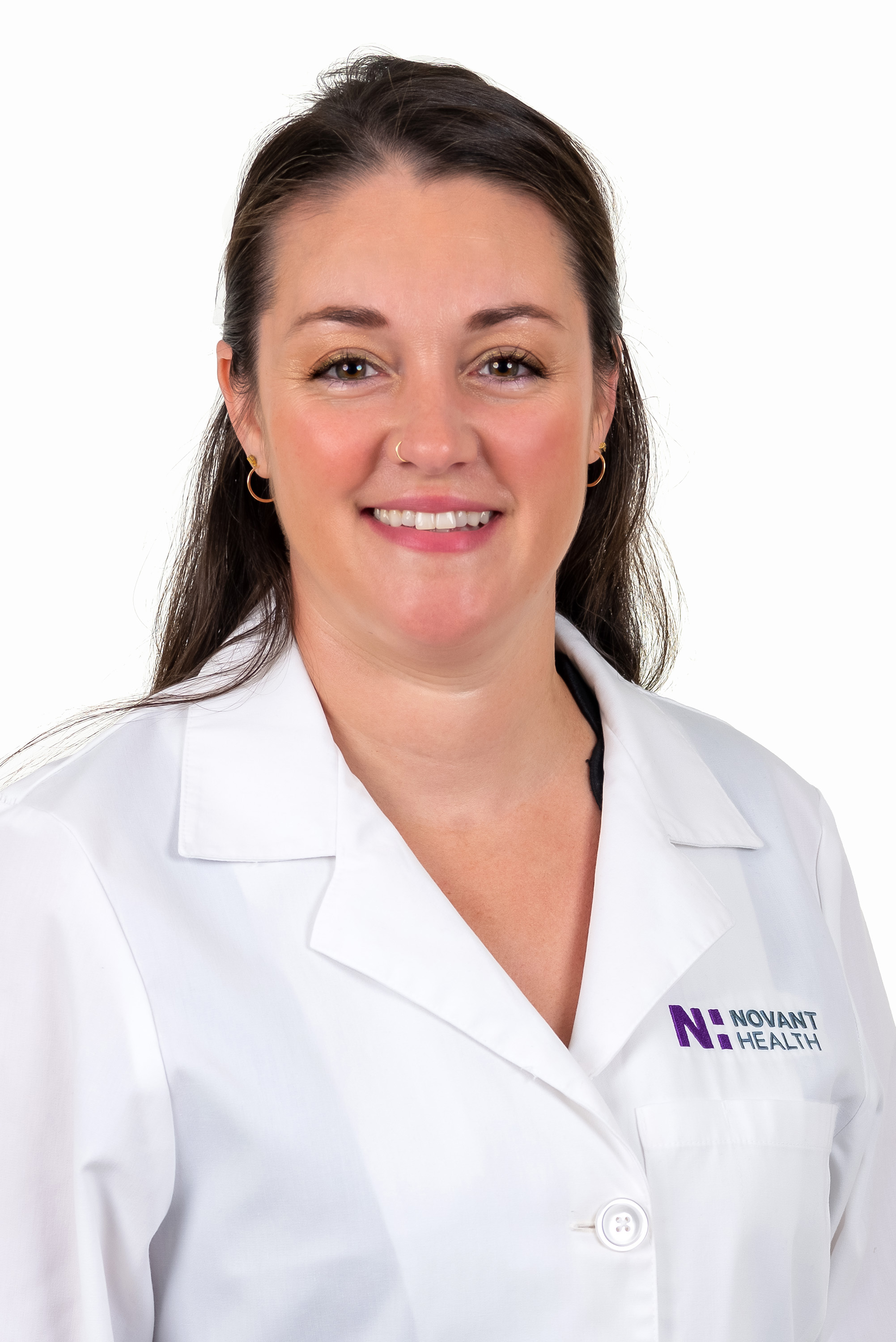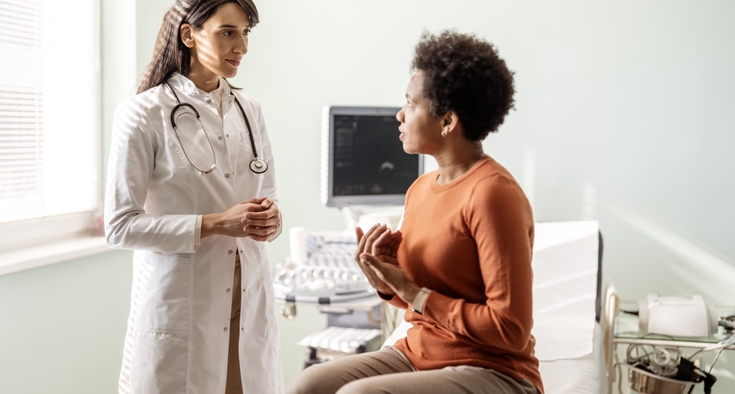The umbrella term gynecologic cancer refers to the many types that target the reproductive organs: uterus, cervix, ovary, vulva and vaginal. While not as common as breast or lung cancer, gynecologic cancer is a significant disease diagnosed in about 100,000 women in the United States every year.
Recognizing symptoms, understanding screening guidelines and normalizing conversations around anatomy can help prevent new cases, said Dr. Lindsey Buckingham, a gynecologic oncologist at Novant Health Cancer Institute - New Hanover in Wilmington, North Carolina.
Here, Buckingham discusses the importance of routine GYN care and how regular check-ins with your specialist can detect the disease early.
What is the most common type of gynecologic cancer?

Endometrial cancer affects the lining of the uterus, and is the fourth most common cancer in women in the U.S. overall, behind lung, colorectal and breast cancers.
Having the condition known as endometriosis does not mean that you have endometrial cancer. Endometriosis is a benign problem that happens when the cells that line the uterine cavity and are part of your monthly period escape into the belly and cause bleeding. That’s why it can be painful and can cause scar tissue.
There are far more people with endometriosis who don’t have cancer than there are women diagnosed with cancers that started as endometriosis.
Find the OB-GYN care you deserve
What are the other types of GYN cancer?
With ovarian cancer, the second most common GYN cancer, patients often don’t know that the problem is brewing. It tends to present at advanced stages because the symptoms are vague and include constipation and bloating. Ovarian cancer is not very common. People without a genetic predisposition have a less than 1 % risk of having ovarian cancer in their lifetimes.
Uterine cancer generally presents with bleeding after menopause, so most patients will realize that they should see a gynecologist for a diagnosis before they meet with us. For cervical, vulvar or vaginal cancers, some patients don’t notice anything amiss and end up in a doctor’s office for routine care, where they receive a diagnosis. Others come in with symptoms including pain, bleeding or a lump.
How important are routine GYN visits for catching cancer early?
We recommend that women see a gynecologist about every year. One thing that makes this difficult is that Pap test guidelines have changed over time — they are no longer required annually. And that has somewhat muddied the waters for women knowing how often they should see a gynecologist.
The data suggest that it’s OK to have a Pap test every three to five years, depending on your medical history. I think the Pap test is secondary if you have an exam every year, because your practitioner will decide whether something doesn’t look right. And they can provide either a Pap test or another test that makes sense in that situation.
It’s good to have a check-in with your gynecologist once a year so that you can have a physical exam, even if a Pap test is not required, because those exams can pick up things that have nothing to do with the Pap test, which is specific to cervical cancer.
Do you recommend HPV vaccines and screenings for cervical cancer?
Absolutely. Cervical cancer is directly tied to human papillomavirus (HPV). HPV vaccines are a common part of pediatrics. Most boys and girls should get vaccinated for HPV, usually at age 11, but the vaccine is approved for children as young as 9. The idea is that kids should get vaccinated early so they are protected when they become sexually active down the road.
We’re also able to vaccinate women up to age 45 who may already have the virus but are being treated for a precancerous lesion on the cervix. This can help the immune system fight the virus.
Someone without the virus has a very low risk of cervical cancer. That said, HPV is something that most of us will encounter at some point. This means your risk for cervical cancer goes up, but as long as you’re regularly following up with your physician, we can help with prevention.
What inspired you to focus on GYN cancer?
After I graduated from medical school, I started in an OB-GYN residency, where I delivered a lot of babies and took care of women with gynecologic problems. Throughout those four years, I had a real calling to take care of women with cancer diagnoses, mostly because I wanted to hang onto my patients and not just see them for short intervals during a pregnancy or gynecologic problem. In this way I have developed strong relationships with them.







